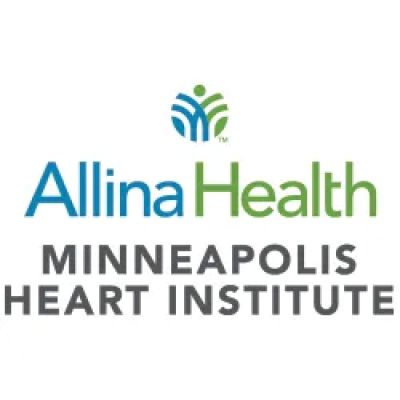- The Connection Between Stress and Heart Disease
- Effective Stress Management Techniques for Heart Health
- Implementing Stress Reduction in Daily Life
- Real-Life Examples of Stress Management Improving Heart Health
- Professional Support and Resources for Managing Stress and Heart Disease
The Connection Between Stress and Heart Disease
Stress is a well-known but often underestimated factor contributing to heart disease. Chronic stress triggers a cascade of physiological responses including elevated blood pressure, increased heart rate, and inflammation—all of which strain the cardiovascular system. Over time, these effects can lead to artery damage, plaque buildup, and higher risk of heart attacks or strokes.
Understanding how stress influences heart disease is crucial for developing effective recovery and prevention strategies. The body’s stress response, while essential in short bursts, becomes harmful when constantly activated, emphasizing the need for targeted stress management techniques.

How stress impacts cardiovascular health
When the body perceives stress, it releases hormones like cortisol and adrenaline. These prepare the body for ‘fight or flight’ but also cause constriction of blood vessels and increase inflammation. Persistent exposure to these effects accelerates heart disease progression and undermines recovery efforts.
Atlanta Heart Specialists
atlanta heart specialists
4375 Johns Creek Pkwy #350, Suwanee, GA 30024, USA

Effective Stress Management Techniques for Heart Health
Addressing stress proactively can significantly improve heart disease outcomes. Various techniques have been scientifically validated to reduce stress and promote cardiovascular wellness.
1. Mindfulness meditation and breathing exercises
Mindfulness helps individuals stay present and detach from anxious thoughts. Combined with controlled breathing, it lowers heart rate and blood pressure. Regular practice can recalibrate the nervous system and improve resilience against stress.
2. Physical activity
Exercise is a natural stress reliever that boosts endorphins, the body’s ‘feel-good’ chemicals. Even moderate activities like walking, swimming, or yoga improve mood and reduce tension, supporting heart health indirectly.
3. Progressive muscle relaxation
This technique involves tensing and then releasing muscle groups to reduce physical tension caused by stress. It enhances body awareness and promotes deep relaxation, which is beneficial for lowering cardiovascular strain.
4. Social connection and emotional support
Strong social bonds buffer stress effects by providing emotional outlets and practical help. Engaging with friends, family, or support groups can reduce feelings of isolation and foster heart-healthy behaviors.
Implementing Stress Reduction in Daily Life
Incorporating stress management into everyday routines is essential for sustainable heart health benefits. Practical steps include setting aside time for relaxation, establishing healthy sleep patterns, and learning to prioritize tasks to avoid overwhelm.
Creating a personalized stress management plan
Everyone experiences stress differently, so personalizing techniques to fit individual preferences increases effectiveness. For example, some may find guided meditation apps helpful, while others prefer journaling or nature walks. Experimenting and tracking progress can reveal the best approaches.
Real-Life Examples of Stress Management Improving Heart Health
Emily, a 45-year-old professional with a family history of heart disease, struggled with chronic stress from work demands. After incorporating daily mindfulness meditation, joining a community yoga class, and reducing caffeine intake, she noticed improved blood pressure readings and less anxiety during her medical check-ups.
Her story illustrates how manageable lifestyle changes, centered on stress reduction, can positively influence heart disease risk factors and overall well-being.
Professional Support and Resources for Managing Stress and Heart Disease
While self-help techniques are valuable, professional guidance ensures comprehensive support. Cardiologists, mental health counselors, and wellness coaches can tailor interventions for maximum benefit.
HeartCare Hub provides trusted recommendations for stress management tools, relaxation products, and expert services designed to support heart disease prevention and recovery. Access to credible resources helps individuals make informed choices and stay committed to healthier lifestyles.
Effectively managing stress is a powerful, yet often overlooked, component of protecting the heart. By adopting targeted stress management techniques, individuals can take significant steps toward lasting cardiovascular health.






















Deborah Heart and Lung Center
deborah heart and lung center
200 Trenton Rd, Browns Mills, NJ 08015, USA